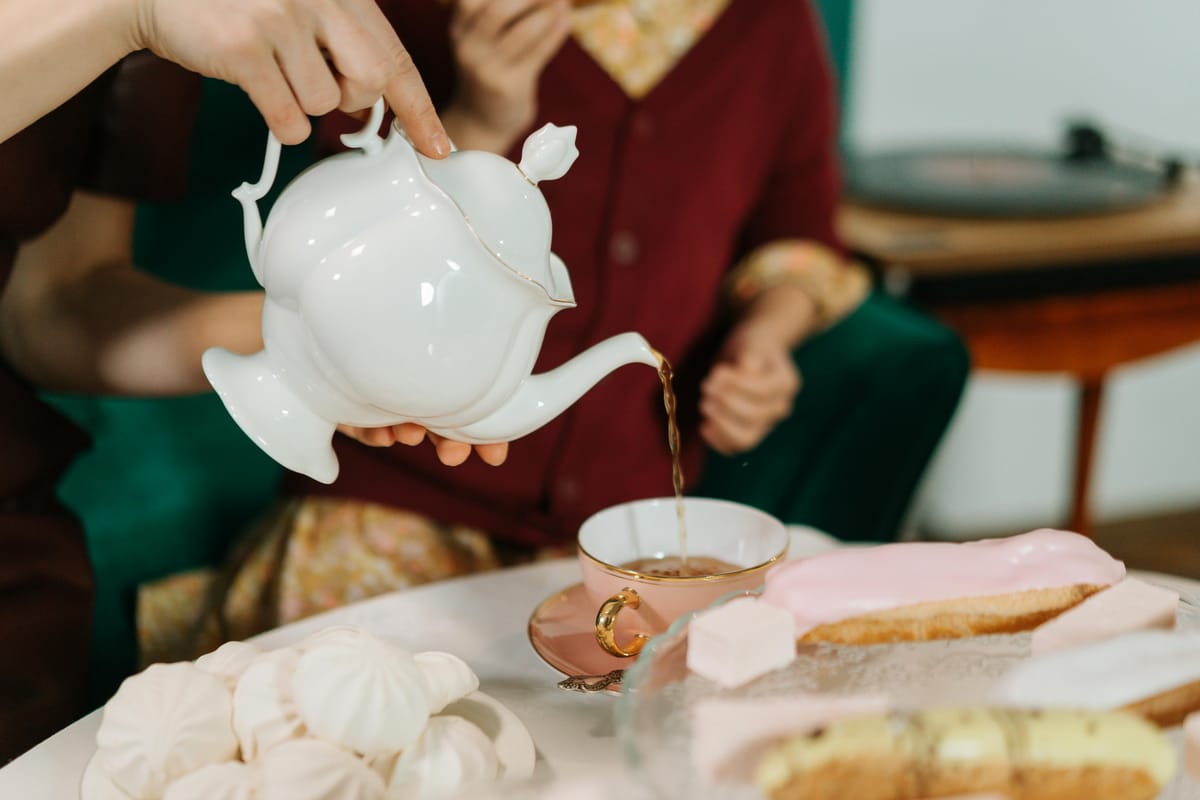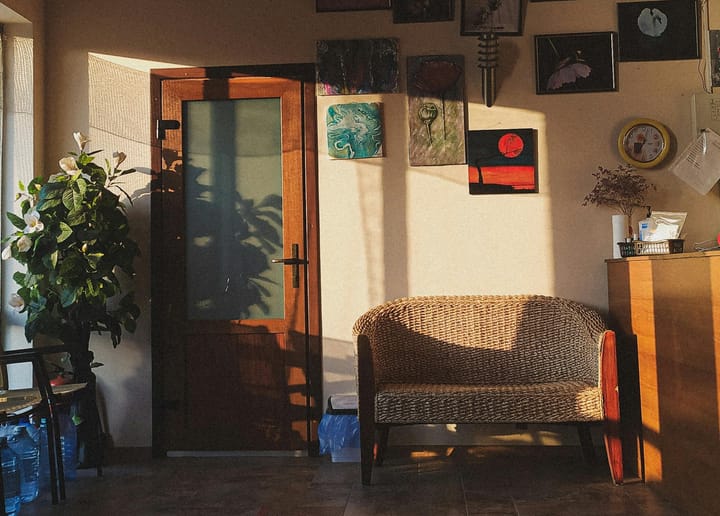The unwritten rules of Karoo hospitality
For newcomers, learning the unwritten rules is less about following a rigid code than about sensing the pace of life here.


A visit to someone’s home is rarely a transaction of time alone in the Karoo. It is an exchange of warmth and ritual. The tray is set with steaming tea, a tin of rusks is placed within reach, and chairs are angled so conversation can unfold without hurry.
These gestures form an unspoken social code that has been part of Karoo life for generations. In small towns and on scattered farms, this tradition is as recognisable as the surrounding koppies. Visitors are greeted with the expectation that they will sit, eat something, and talk. For many hosts, to offer anything less is unthinkable. It is a language of welcome that requires no translation.
A tradition shaped by distance and connection
The origins of this ritual are rooted in geography and necessity. In earlier times, travel across the Karoo meant long stretches between settlements. Visitors were rare and often arrived after hours on the road.
Offering tea and something to eat was an act of care for someone who had likely weathered dust, sun and wind to reach your door.
Conversation became as important as the refreshments. In isolated communities, the exchange of news and stories was part of how people stayed connected. A visit was an event, and both guest and host were expected to linger. Even today, when roads are better and distances feel shorter, the practice survives as a marker of respect and belonging.
The modern shift
In recent years, however, the pace of life has changed, even in the Karoo. The arrival of faster internet, remote work and the influence of city lifestyles has brought new expectations about time and privacy.
Some residents prefer shorter visits or more notice before guests arrive. Others no longer feel the same obligation to keep a stocked supply of rusks or freshly baked goods, especially when balancing work-from-home deadlines or frequent travel.
For long-time Karoo residents, this shift can feel like a break in the social fabric. Declining an offer to sit for tea, or limiting a visit to a quick doorstep exchange, may be interpreted as dismissive, even when no offence is intended.
The tension lies in how two value systems meet: one anchored in tradition, the other in efficiency.
Navigating the clash
Those who straddle both worlds have developed strategies. Some hosts now keep quick-serve treats on hand - cheese and crackers, or a slice of cake from the local bakery - so they can uphold the ritual without the pressure of constant preparation.
Others arrange “open afternoons” where neighbours know they are welcome, freeing up other days for uninterrupted work or rest.
Guests, too, are adapting. It is becoming more common to phone ahead, not just out of courtesy, but to check whether a visit fits into the host’s schedule. This respects both the enduring hospitality of the region and the reality of modern routines.
Holding onto the essence
While the trappings of the tradition may change, its heart remains the same. The act of pausing to sit together speaks to the Karoo’s deeper values: generosity and the belief that time spent in company is never wasted.
For newcomers, learning the unwritten rules is less about following a rigid code than about sensing the pace of life here. Accepting tea and a rusk when offered is accepting a place in the circle. In a world where distances are vast, that circle is what keeps the community close. The Karoo may be evolving, but its enduring social code still invites you to stay a little longer.





Comments ()